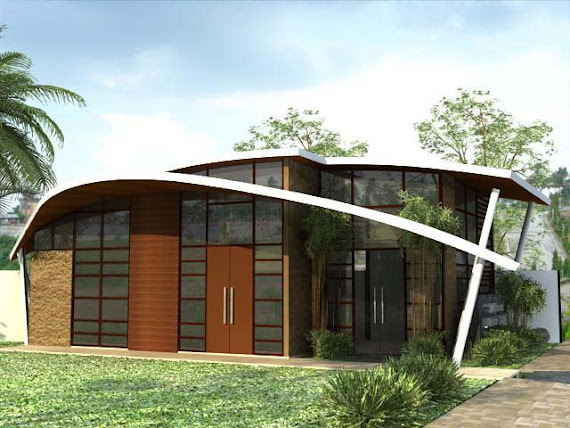This question came up yesterday because the supposed presider for the mass at the truth mass with ZTE-NBN witness, Jun Lozada, backed-out at the last minute and allegedly, no clergy in the Archdiocese of Cebu was available or declined to celebrate the mass. The camp of Jun Lozada claimed that the Archbishop of Cebu, Cardinal Vidal, after talking to Malacanang man Cerge Remonde, restricted the clergy of Cebu to celebrate mass with Jun Lozada.
Over the radio, the priest spokesperson of the cardinal denied the accusation and said that no one is being restricted to celebrate mass with Jun's group. Later, however, a priest came to celebrate mass. May a priest decline to celebrate mass to any faithful? What are the guidelines for this?
The mass is the central Catholic Christian celebration. It is a remembrance of the first Eucharist that the Lord did with His apostles before He died on the cross. The mass was instituted in order for the grace of salvation that Jesus will generate because of His death on the cross will be effective once and for all. It means that every mass celebrated is a continuation, and not a repetition, of what happened in Calvary. The very nature of the celebration is therefore spiritual. Its goal is salvation. This is the reason why the Catholic faithful is even obliged to participate in the celebration once a week on a Sunday. For the Catholic Christian, it is an opportunity to experience the salvific action of Jesus as it was in Calvary. Therefore, those who would participate and celebrate in it should be aware of this purpose.
The "Eucharist" means "Thanksgiving." Together with our purpose of attaining salvation by the celebration, we also take that opportunity to thank God for His wonderful gift of His Son and what He did for us. It is more a liturgical than any societal purpose. Other purposes maybe integrated but only on the basis of the spiritual and never vice versa or without it.
The situation that occurred yesterday may really be considered a hard case. The events that had unfolded recently made some faithful and clergy think that the mass is only being used in order to gather people and express their sentiments. Those who are with the cause are however averring that they are also seeing their cause as spiritual. It is a fight against corruption which is an immoral act. The celebration of a mass containing a cause to destroy the evil that is corruption is therefore within the bounds of the purpose of the mass.
It is really hard to know what are in the hearts of men. In this situation, in case of doubt, the best thing to do is to give them the benefit of doubt and proceed to celebrate mass. There are controls and conditions which the priest may impose as a condition. First, nobody will be allowed to speak within the mass. Second, no direct assault or criticism must be made against another person or group. Third, only general prayers will be allowed. Fourth, slogans or streamers are best kept out of the premises where the mass is being held. Fifth, the homily must dwell more on urging the faithful to embrace the Gospel values rather than on politics.
If priests could celebrate mass in penitentiaries, parishes, rallies, offices, and other places with people coming from different walks of life and unsure of their spiritual status, why not with the group of Jun Lozada. With all due respect to the political preference of the priest, he should not deprive others of his ministry because of difference in political views and inclinations. Only God knows what are in their hearts and it is always best to give them the opportunity to come to God and seek inspiration and hopefully, conversion and salvation. Once in the celebration, we would never know what God has in store for them!





No comments:
Post a Comment